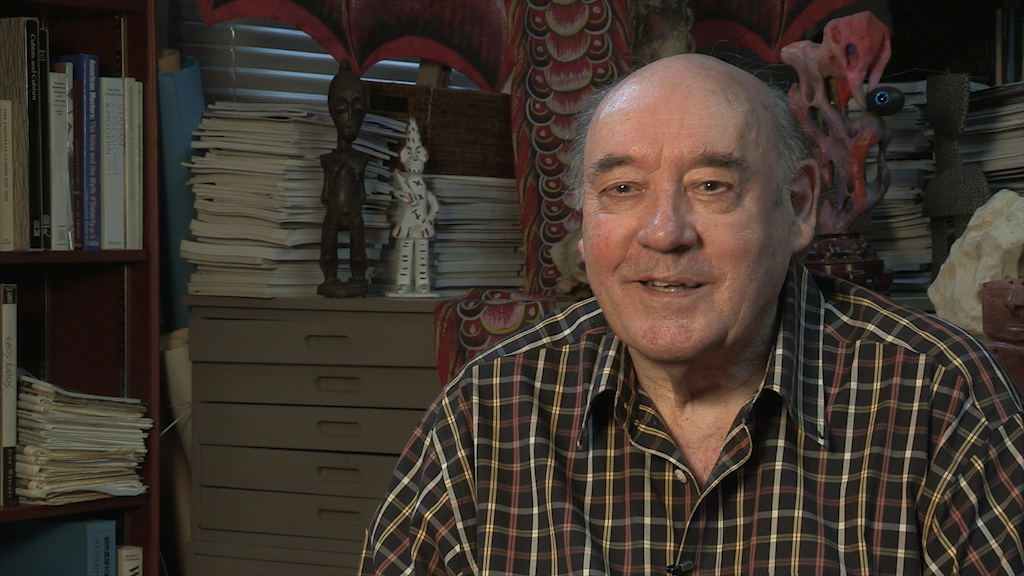Gravity, incidentally, is one of the greatest mysteries of this universe. I mean, why don't you and I float off into space? I mean, you're not made of iron, I'm not made of iron. Why don't we just float off into space when we walk outside? It's weird because there's no metal in us to keep us... and yet we are... the earth attracts us. And people say yes, well, that's force of gravity. It's... that's not an explanation. And what we have to do is to try and understand that so that we can then control it. And once we can control it, then we can float off in the air instead of having to sit in traffic jams all day long. And just as the motor car changed everything, so the anti-gravity machine will change everything and there'll be a whole new phase. That's just one possibility. But there are other things that, of course, one can't even dream about at the moment that can happen. And when they do, our species will move onto another stage.
But – and this is a big but – it's happening so quickly. In my lifetime, television and the... and the computer have happened. And who knows what will happen in the next 50 years? But we are still tribal animals, we are still dragging with us that genetic inheritance that we have. And, as I said somewhere, I wrote somewhere, that even a space ape must urinate. We are still animals and because we're such extraordinary animals, such incredible animals, we tend to forget that and we have to remember that we have these tribal instincts, we have these deep emotions to form pairs, to love our children, to be aggressive towards our enemies, and all these basic emotions are going... simmering away underneath the surface of all this inventiveness and are constantly going to cause problems unless we respect them. And it's going to be a fascinating struggle. And the one thing that makes me really cross is that at the age of 86, I'm not going to see it. I'd love to be able to watch what happens. I don't mind if I'm not part of it, I'd just like to be able to watch what happens over the next century because it's going to be a fascinating time and I shan't be here to enjoy it. But I've had a very exciting 86 years and I wouldn't change one minute of it.





